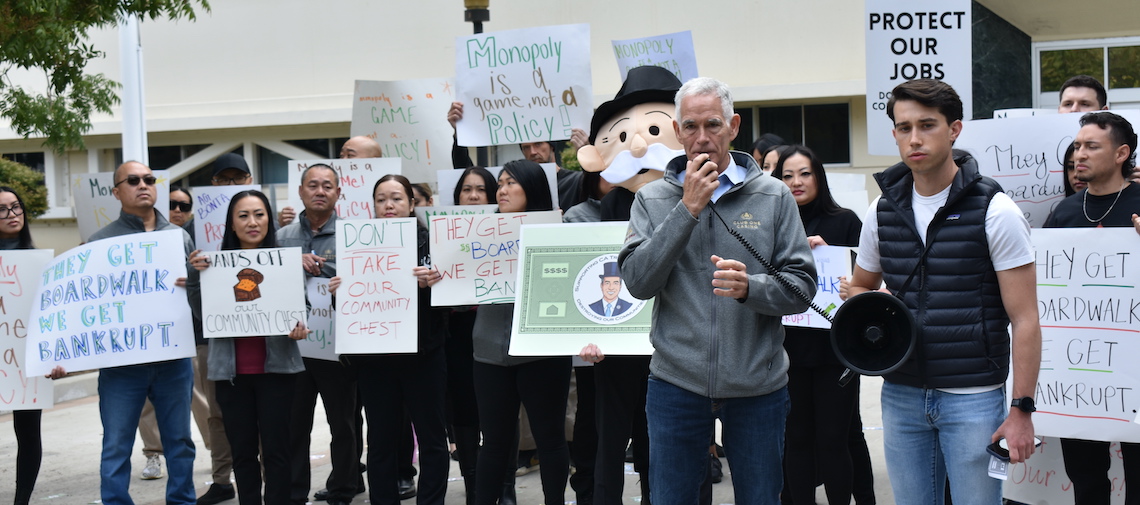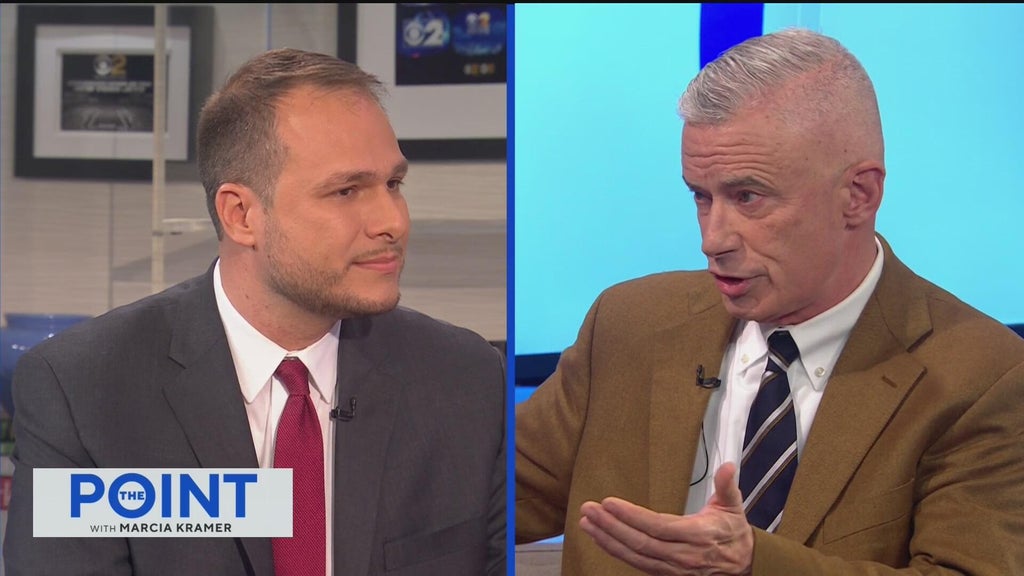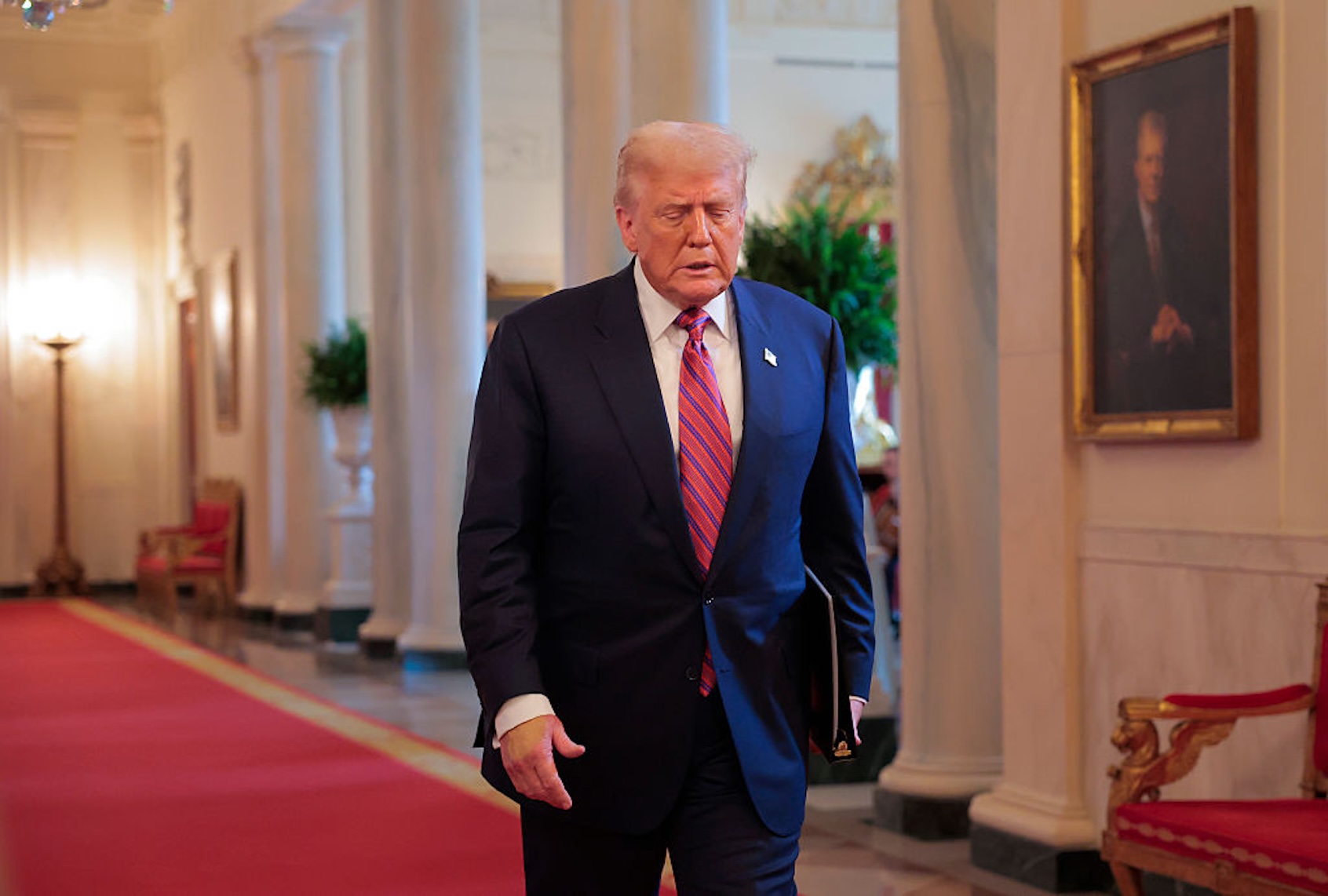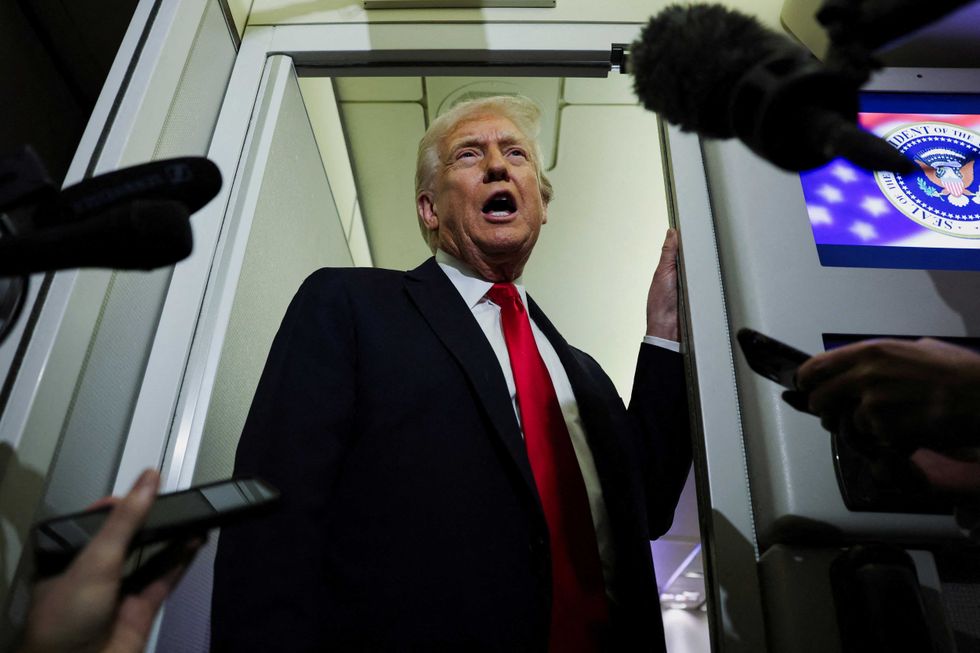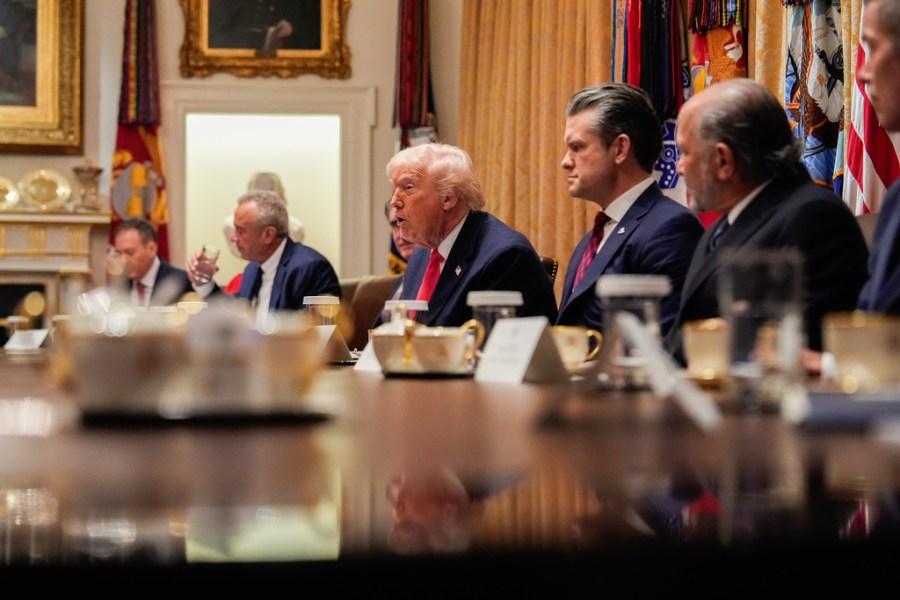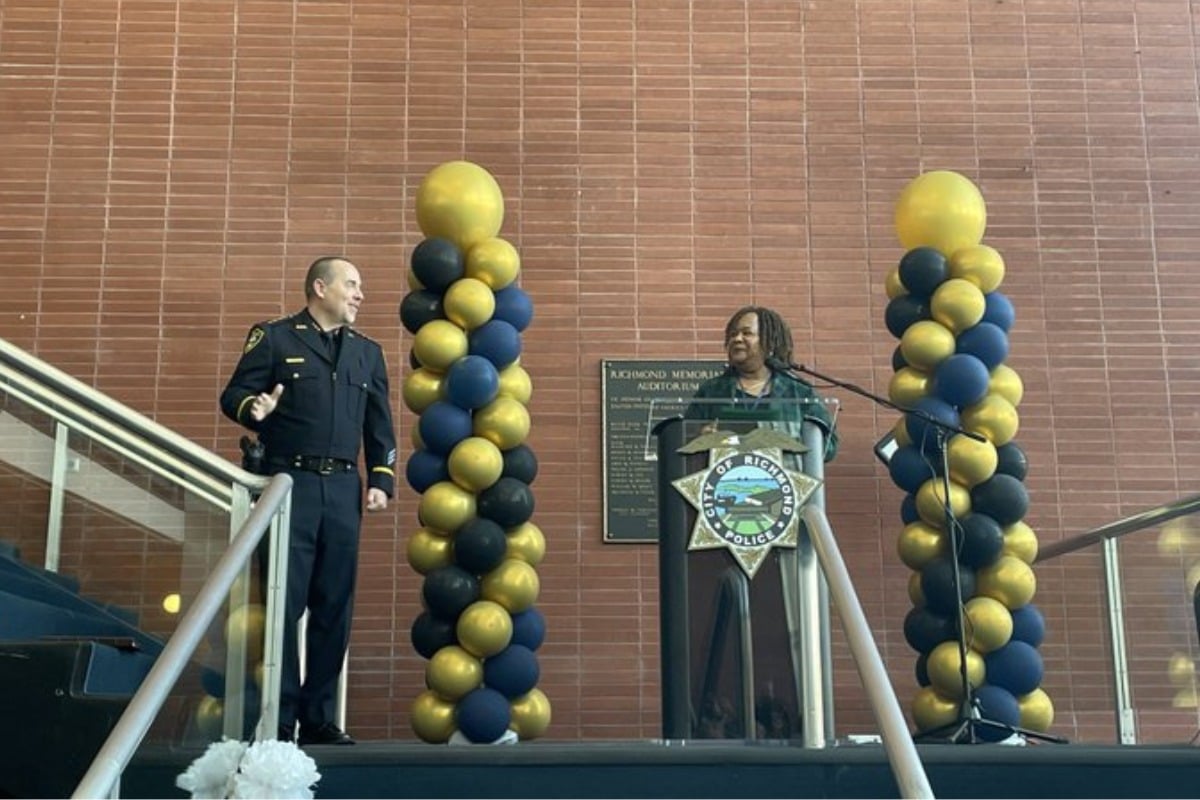Cardroom workers and union leaders gathered in Fresno on October 23, 2023, to protest proposed regulations that would ban blackjack-style games in California’s cardrooms. The rally took place near Fresno City Hall, where participants expressed concerns over the impact these regulations would have on local businesses and employment.
The proposed regulations, introduced by California Attorney General Rob Bonta, aim to close loopholes that have permitted state-licensed cardrooms to offer games resembling blackjack. Currently, these establishments operate on a peer-to-peer system, allowing players to compete against one another rather than against the house, a practice supported by organizations like the American Federation of State, County and Municipal Employees (AFSCME).
Many cardrooms, including Club One Casino in Fresno and 500 Club in Clovis, rely heavily on this model. In contrast, tribal casinos such as Table Mountain Casino Resort and Chuckchansi Gold Resort & Casino are permitted to offer banked games. The California Gaming Association (CGA) claims that the proposed regulations could lead to significant job losses, estimating that over 230 living wage positions could be at risk, alongside a potential drop in city funding.
Kyle Kirkland, president of both Club One Casino and the CGA, highlighted the casino’s contribution to the local economy, stating that it generates approximately $1 million in tax revenue for the city each year. He pointed out that there has been no documented complaints about blackjack-style games from private citizens, claiming that opposition stems solely from tribal casinos.
“This is 100% politically driven,” Kirkland remarked. “There is nothing that impacts the tribes in any meaningful way. We offer peer-to-peer gaming, and all of our games are approved.” He emphasized that the regulations, if enacted, could severely threaten the viability of cardrooms, stating, “We’d have to radically rethink what we do and how we operate.”
The Standard Regulatory Impact Assessment (SRIA) released by Bonta’s office suggests that up to 50% of patrons could stop visiting cardrooms if the new rules are implemented. Kirkland believes the actual impact on revenue would be even more severe, potentially leading to the closure of Club One Casino.
A faction of tribal leaders argues that the 80 privately-owned gambling venues in California are illegally offering games such as blackjack, baccarat, and pai gow poker, which they claim has deprived tribal communities of hundreds of millions of dollars in revenue. Although they have pursued legal action to address these grievances, a recent court ruling blocked their efforts, affirming that federal gambling law takes precedence over state regulations.
“It’s not about killing card rooms. It’s about protecting what’s ours,” stated Tuari Bigknife, attorney general for the Viejas Band of Kumeyaay Indians. His tribe operates a significant casino in San Diego County and has been vocal about the need for regulation in the gaming industry.
The impact of the COVID-19 pandemic has already strained cardroom operations. Shavon Moore-Cage, former vice president of AFSCME Local 36, expressed that cardrooms are still recovering from previous closures and could not withstand further financial setbacks. “Bonta’s proposed regulations are helping tribes to monopolize the California gaming industry, leaving our cities and our hardworking employees in the dust,” she said.
As the debate continues, the future of blackjack-style games in California cardrooms remains uncertain, with significant implications for workers and local economies across the state.

